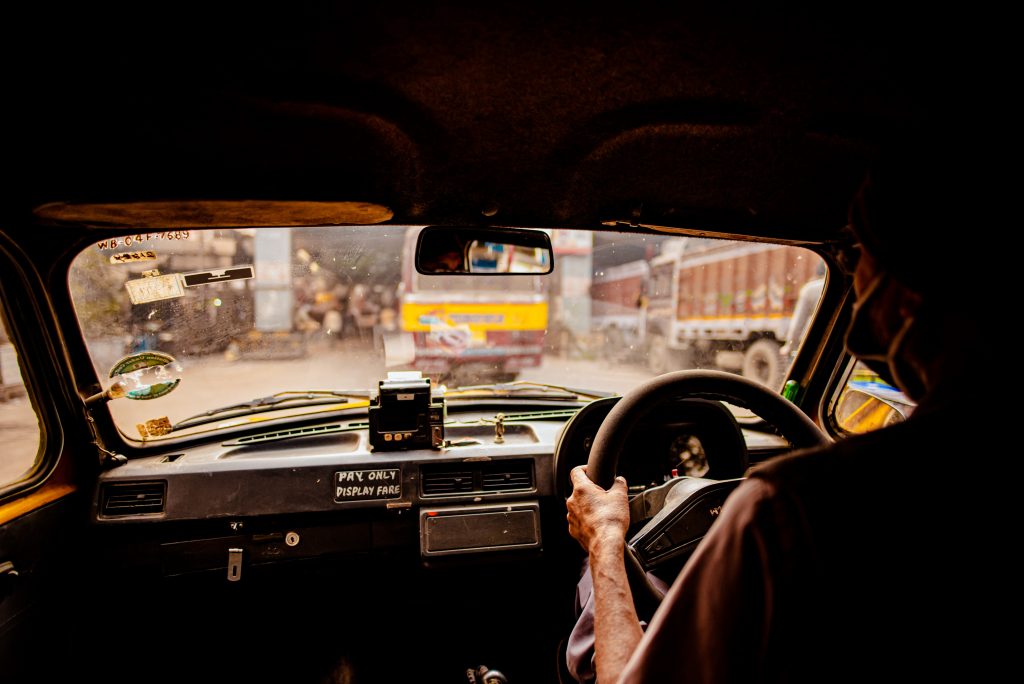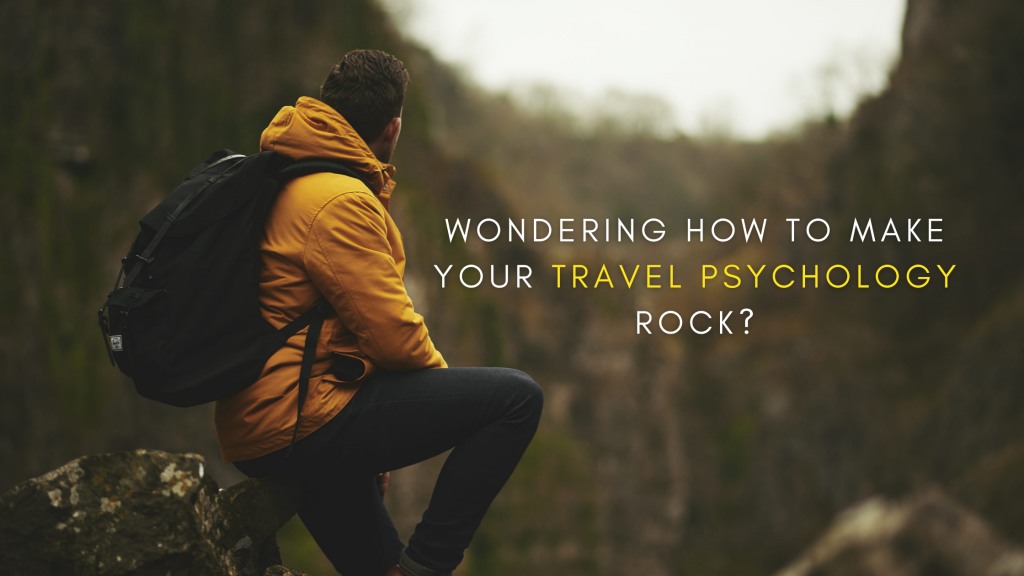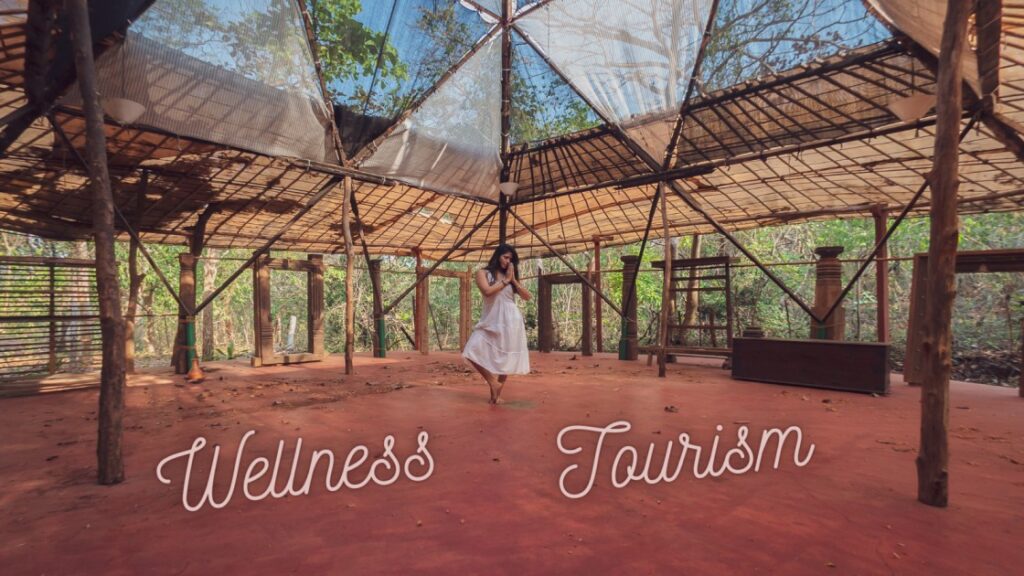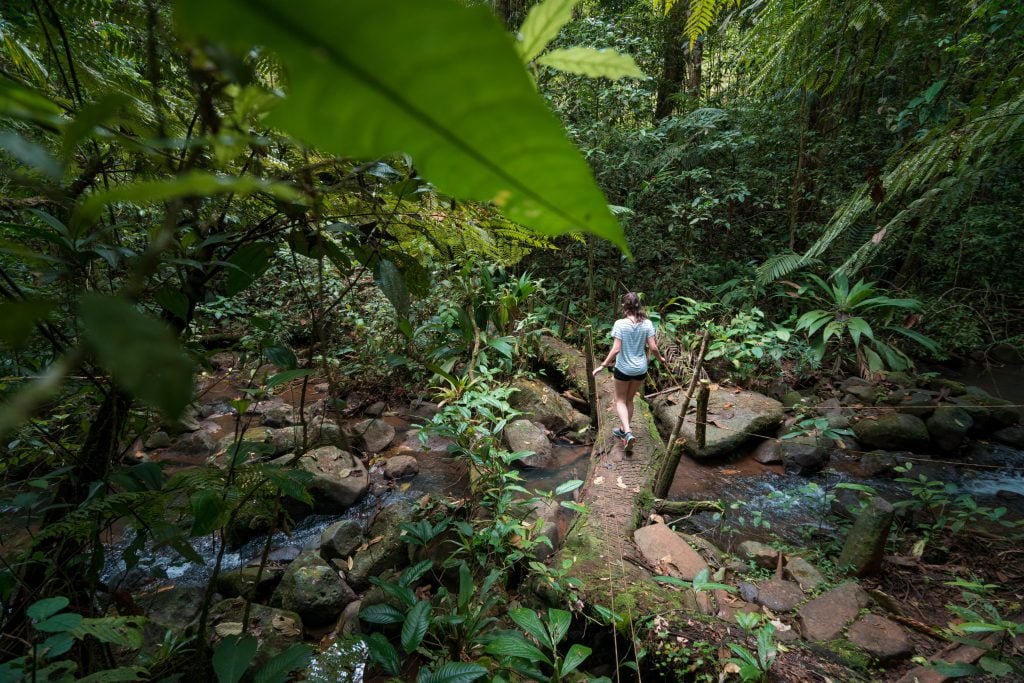A new study reveals that more than two thirds of people worldwide believe travel will be more stressful during the pandemic. And many will not vacation at all while restrictions are in place. The Olivia Pala Mountain reports that travel stress is on rise as 87% of people globally said social distancing was important to them. As they move through the airport, the same percentage specifically said they wanted access to socially distanced spaces in which to “de-stress” and “relax away from the crowds”.
How can we Travel Stress Free
Your well-being is your responsibility, and there are many ways in which you can make yourself either healthy or unhealthy. While Western medicine has traditionally focused on intervention with regard to stress—that is, waiting until symptoms were evident and then intervening to reduce the effects—today’s approach to stress is preventive.
As we have seen, mental and physical well-being are key to life satisfaction and productivity. General well-being is a major responsibility of the individual; to a large extent you can either make yourself healthy or make yourself unhealthy. As Travel and Hospitality companies the focus is more inwards towards attaining these factors to enhance wellness.
One of the ways in which you control your own travel stress is through your cognitive response. For better or for worse, we know that stress is largely created in our minds. An individual interprets a given situation as either threatening and difficult or challenging and manageable, according to his or her perceptual filters. Past experiences, expectations, and personal beliefs all play an important role in life as well as travel choices. When we imagine a stressful situation, our body behaves as if the event is really happening. Stress, then, can be increased by worrying and negative thinking, and reduced by positive thinking.
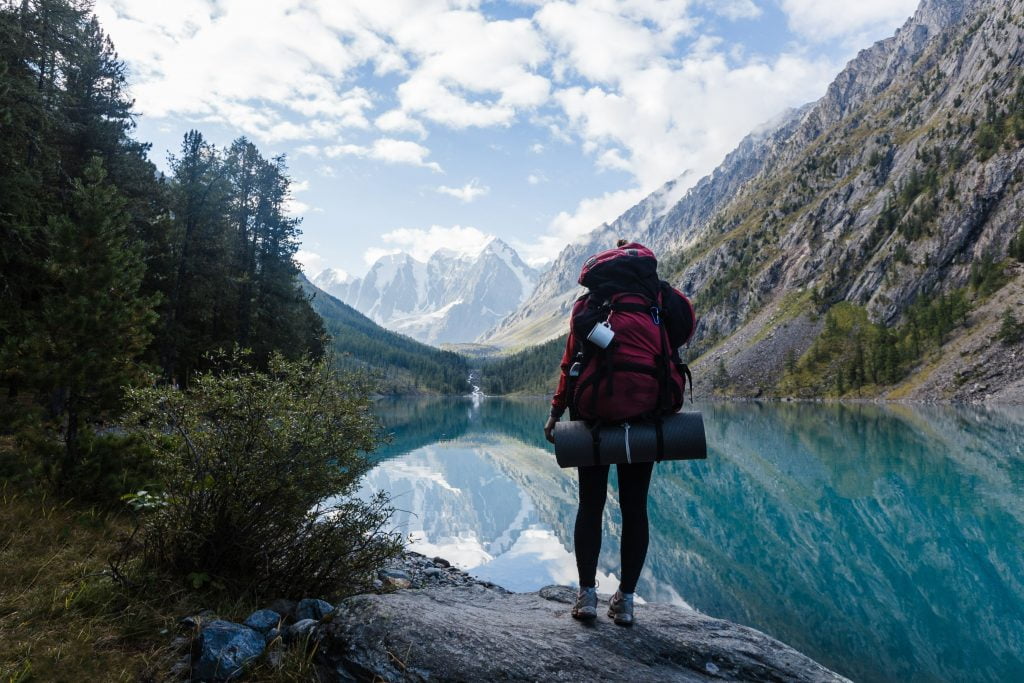
The importance of self-talk in travel stress relief cannot be overestimated:
Should’s: we tell ourselves what we “ought” to do.
Criticism: we are hard on ourselves.
Blame: we blame ourselves rather than solve the problem.
Negative expectations: we give up before we even begin.
Cant’s: we convince ourselves that we are going to fail before we try.
One of the most helpful travel psychology ways to see the impact of individual perceptions on travel stress relief is to look at two options: You can take either the defensive path or the creative path. If you follow the defensive path, you deny the effects of stress and avoid reflecting about what you might do to reduce it.
If, on the other hand, you choose the creative path, you use your skills of self-awareness and self-management to handle stress effectively, putting things into perspective to keep your life focused and balanced.
Travel Psychologist Insights on Stressful Travel!
In fact, in some countries, including the UK, US, Russia and Australia, more people said they wanted access to somewhere to relax. Then the number saying they want somewhere to get some distance.
Interestingly, we also observe that the association of stressful travel is by no means solely linked to the pandemic. Even before Covid-19, nearly half (43%) of travelers reported feeling stressed at least at one point while travelling. And a similar number (45%) admitted they would call in sick from work the next day to recover from a trip.
Now that you know some of the causes of travel stress, it’s time to look at how it affects individuals. Since you will be responsible for helping your travel customers to understand and manage their stress, the following sections focus on how you can become more aware of your own stress and manage it effectively.
“This is a way for the travel industry to look at its offering to consumers. Allowing travel stress to understand consumers’ needs for prompt action for rebuilding traveler’s confidence in well-being.”
Chief Travel Psychologist
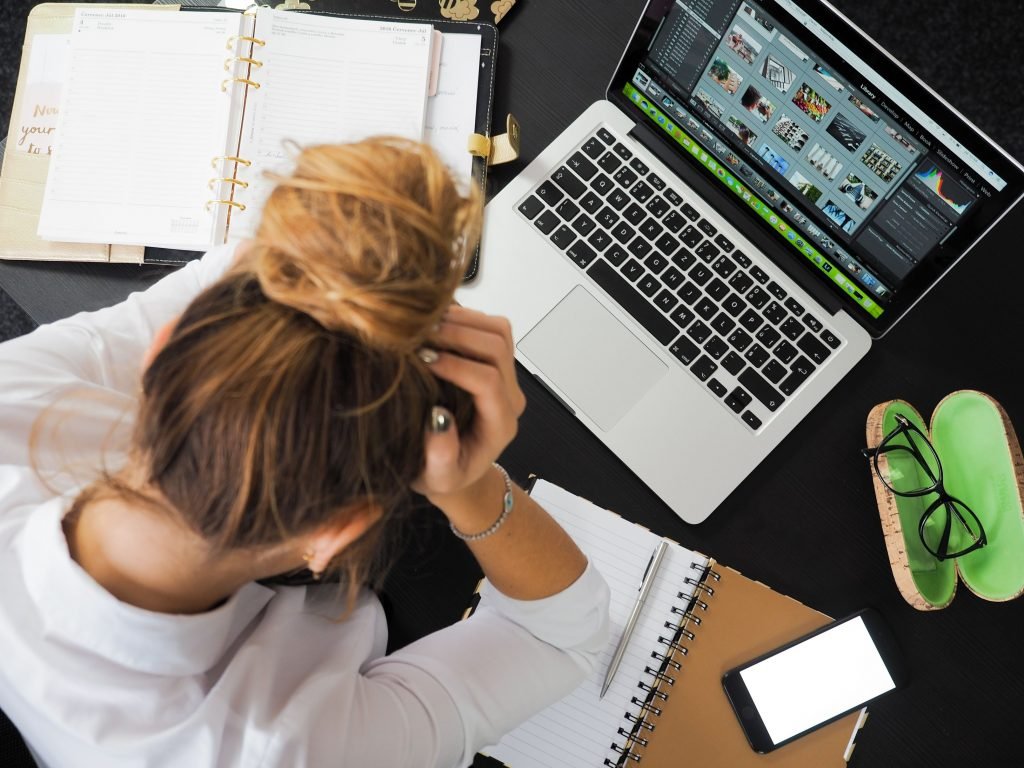
The Effects of Uncertainty with Tourism on Travel Stress
Change is one of the major contributors to stress. Lifestyles and values are changing as individuals have more choices and are to guide less by their own intentions and experiences. Many travel and hospitality companies lack the codes of behavior and strong values that guide their customers towards positive well-being.
Travel operations are also changing. Nearly one-half of all travel businesses end in figuring basic solutions and at least 40 percent of the travel start-ups in the twenty-first century will use an online approach. In addition, changing physical presence results in lack of clarity regarding acceptable behavior and role relationships in sustainable actions via tourism. Increasing diversity creates more effective approaches, but during the transition and adjustment phases any change brings with it a significant amount of stress for those involved.
Managing those elements while collectively working to achieve a goal via understanding the psychology of travel and business purpose is going to be an important aspect to change. The Travel stress associated with change and uncertainty has been referred to as decision stress. There are too many alternatives and not enough information. Increasingly, travel businesses are not simply asked to take risks regarding known variables—they are asked to make decisions without knowing exactly what the variables are or what the outcomes might be.
Guidelines by Travel Psychologist: To make positive change after a stressful travel experience.
- Change in small steps.
- Change one thing at a time.
- Have a clear, specific goal.
- Find a support person or professionals like us.
- Don’t be discourage by some degree of failure.
- Use positive energy and self-talk.
P.s. Identify a specific change that created stress for you.
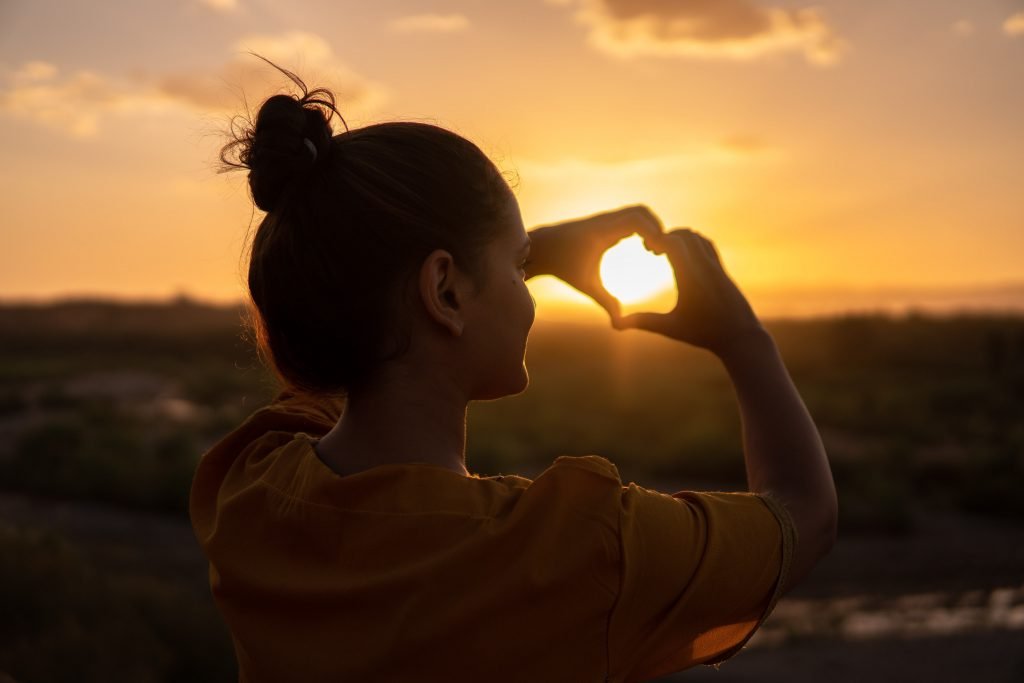
Conclusion of Travel Stress
How much stress is too much? There are striking individual differences in both the perception of stress and the degree to which individuals tolerate common stressors. Employees differ in their physiological resiliency, their psychological resiliency, and their social resiliency. Several factors determine how life situations will affect an individual.
These include the degree of control the individual perceives he or she has over the situation, personality variables, and the individual’s perceptual filters. The combination of these and other factors determines an individual’s resiliency, or his or her ability to cope with stress.


